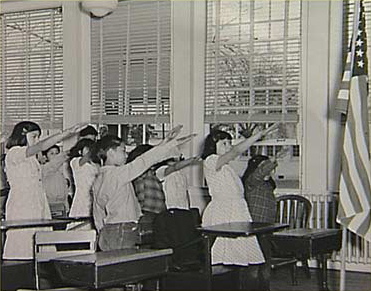Information swirls about that it disorients us and even paralyzes us, and not just during elections. Those of us who systematically try to stay well-informed are especially vulnerable. Media outlets are always working hard to steal our attention with all of those new products and stories and they do a great job of it. Television is especially good at hypnotizing us with constant scene changes, including a nonstop parade of bright shiny shallow-minded things. Because of this special power of television to mindlessly consume us, I’ve warned that it is critically important to pull the plug on television. “Just say “no” to TV. Do it for your country.”
Even those of us who are able to pull ourselves away from television are subjected to a constant stream of distractions ranging from work pressures, home repairs social obligations and numerous flavors of interruptions. These distractions often yank me away from things I consider important, things (including my children) that are often right in front of my nose. In fact, if I had to sum up my biggest frustration in life, it’s that I end up doing far too many things I don’t really enjoy in order to do the things I treasure.
Quite often, though, we are contributors to our problem. For instance, we end up choosing to do non-important urgent-seeming things instead of spending time on things we truly consider important. How could that be? This issue was well-described by Steven Covey, who illustrated the problem with a 2 by 2 matrix of the types of tasks we face. The two variables are importance and urgency. All of us readily attend to those things that are both important and urgent and all of us ignore those things that are not important and not urgent. We struggle, though, when it comes to prioritizing the two remaining types of tasks
 Many of us all-too-willingly attend to those tasks that are urgent but not important, ignoring those things that are important but not urgent. Recognizing this problem is the first step toward solving it.
Many of us all-too-willingly attend to those tasks that are urgent but not important, ignoring those things that are important but not urgent. Recognizing this problem is the first step toward solving it.


